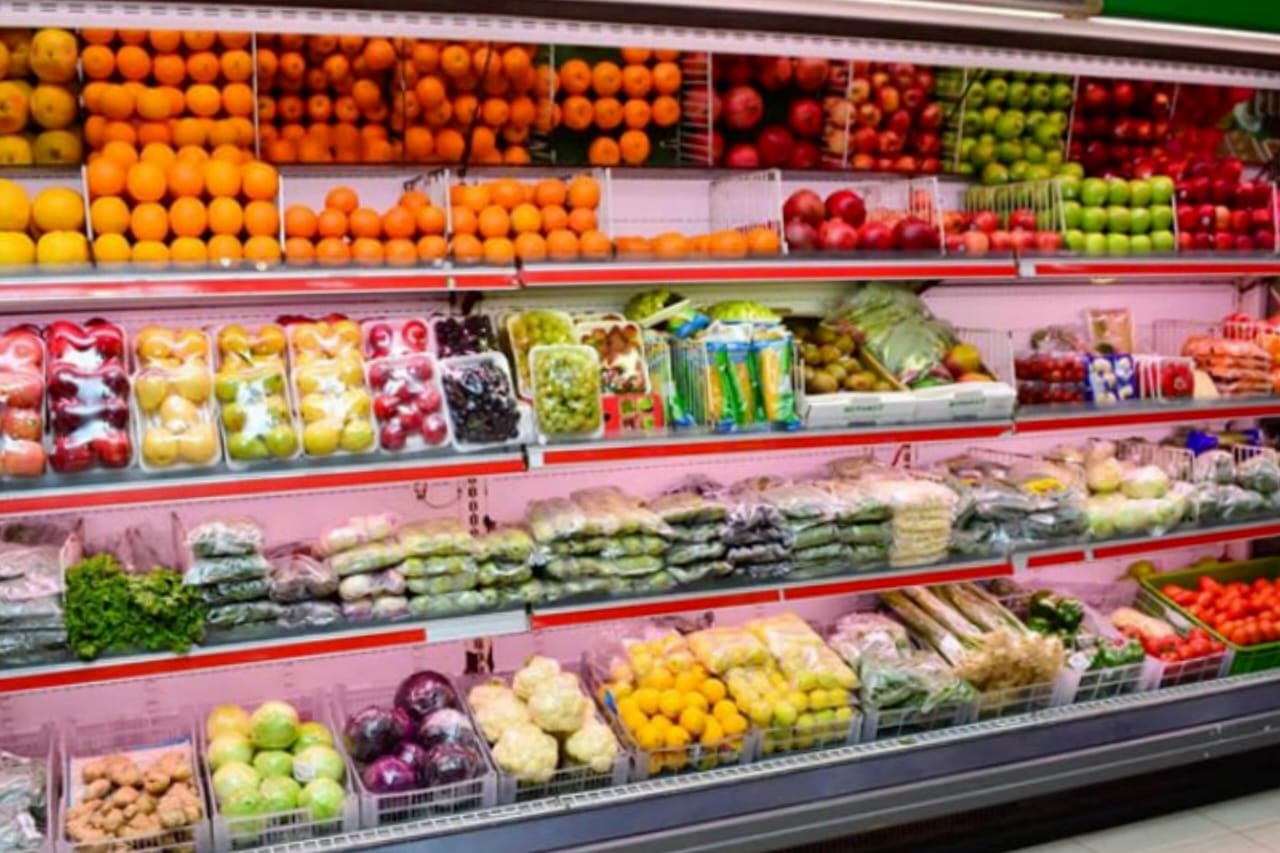Editorial
Nigeria’s Increasing Risk from Imported Fake Food

Nigeria has long been a melting pot of flavours and cuisines due to its diverse population and rich culinary traditions. Nigerians love a broad range of cuisines, both indigenous and foreign in origin. Concern over the introduction of fake international food items into the Nigerian market, however, has grown in recent years. There are major threats to the public’s health, local companies, and the overall economy from these phoney foreign food imports.
The Spread of Fake International Food
Nigeria frequently imports food products from outside since there is a market for goods that are not produced there. Imported goods include everything from foreign cuisines to exotic fruits and vegetables. Regrettably, this has given dishonest people and businesses the chance to oversupply the market with fake items.
Fake foreign food goods can take many different forms, such as poor quality ingredients, counterfeit branding, and phoney packaging. These goods are frequently of low quality, and using them might have negative health effects. In Nigeria, phoney foreign food products frequently take the form of inferior canned goods, imitated chocolates, and counterfeit beverages.
The Risks Associated with Fake Food
There are various risks associated with counterfeit foreign food goods in the Nigerian market.
Health Risks: Foodborne infections and other health issues might result from the presence of dangerous substances, pollutants, or expired ingredients in counterfeit food products. Consuming such items unintentionally puts consumers’ health at risk.
Economic Impact: Local businesses and the economy are badly impacted by the spread of fraudulent imported food goods. Since fake products frequently flood the market at lower rates than genuine goods, legitimate importers and local producers suffer from unfair competition.
Reputational Damage: The spread of fake food items may harm Nigeria’s standing as a trustworthy trading partner. This may discourage international traders and investors from doing business with Nigerian companies.
Regulatory Challenges: The regulatory bodies in charge of guaranteeing food safety and quality requirements face difficulties due to the flood of fake food products. Enforcing laws and keeping an eye out for fake goods on the market get harder.
Loss of Trust: Customers may grow wary of acquiring any foreign goods if they begin to doubt the safety and quality of imported food products. Trade relations and the market as a whole may be impacted by this.
Dealing with the Problem
In order to address the issue of counterfeit foreign food imports into Nigeria, many actions can be implemented:
Strengthening Regulatory Agencies: To successfully monitor and control imported food goods, regulatory agencies like the National Agency for Food and Drug Administration and Control (NAFDAC) need to be equipped with the tools and manpower they need.
Public Awareness: Educating consumers about the dangers of fake food can enable them to report suspicious goods and make well-informed decisions.
Strict Enforcement: It is imperative that the current laws and regulations pertaining to food imports be strictly enforced. Products that are counterfeit ought to be seized, and those who do so ought to go to jail.
collaboration with other Partners: Nigeria can increase collaboration on food safety and quality standards by working with other governments and international organisations. This would make it more difficult for counterfeit items to access the market.
Industry Self-Regulation: To guarantee the legitimacy and calibre of imported goods, the food sector can contribute by putting self-regulation guidelines and standards in place.
The public’s health, small companies, and the nation’s economy as a whole are seriously threatened by the entrance of phoney foreign food goods into Nigeria. Stricter legislation, more public awareness campaigns, and cooperation with international partners are just a few of the many strategies needed to address this problem. Nigeria must act swiftly to safeguard its consumers and maintain the integrity of its food supply.
